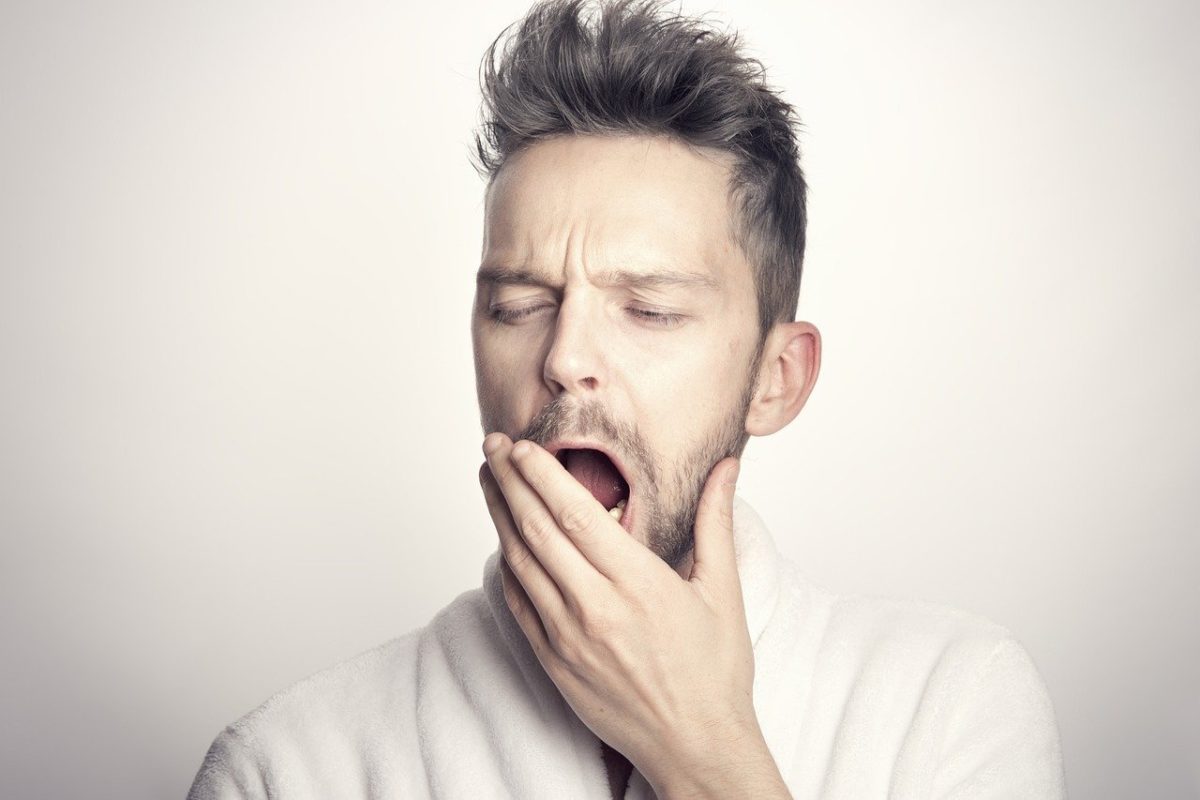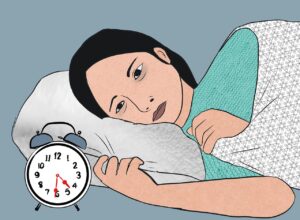The agony of insomnia can be horrible. Lying awake in bed means you aren’t getting much needed rest our bodies desperately need.
Insomnia can not just zap your energy and mood but can also harm your health, work performance, and overall quality of life.
If you’re having trouble sleeping, it doesn’t necessarily mean you have insomnia. Below you’ll get an overview of the signs, symptoms and treatments for insomnia.
Top Signs and Symptoms of Insomnia
Insomnia can present in a variety of ways. The most common sign is not being able to fall asleep at night. But it’s not the only sign of insomnia.
Another sign of insomnia is not being able to remain asleep. Some insomniacs can fall asleep quickly. Yet they wake up frequently throughout the night and may have trouble falling asleep again quickly after the wake up.
Another symptom of insomnia is sleep deprivation. This is when someone falls asleep, remains sleeping throughout their rest, yet wakes up before they are rested in the morning. They remain exhausted and sluggish but cannot fall back to sleep.
6 More Common Signs of Insomnia
- Not feeling rested following a night’s sleep
- Tiredness or drowsiness during the day
- Intolerance, depression, or anxiety
- Difficulty focusing on work, paying attention, or remembering
- Increased incidences of errors or accidents
- Constant concerns about sleep
However, these signs may not be a sign or symptom of insomnia in every case. If you can’t sleep due to loud noises or because you had 3 cups of coffee before bed, that’s not insomnia.
Also, a bad night of sleep here and there is not insomnia. Insomnia usually means having trouble sleeping at least 3 nights a week for at least 3 months.
Top Treatments For Insomnia
Treatment for insomnia depends on its cause. Some causes include stress, medical conditions, or drugs. Trying to address those issues is usually the first thing to try.
If that doesn’t work your doctor may offer cognitive behavioral therapy, medication, or a combination of the two.
Cognitive-behavioral therapy for insomnia (CBT-I) can assist you in controlling or eliminating negative thoughts and behaviors that keep you awake.
Prescription sleeping drugs can assist you in falling and remaining asleep. While doctors typically do not recommend relying on prescription sleeping pills for more than a few weeks, many drugs have been approved for extended usage.
Nonprescription sleep drugs contain antihistamines that may cause drowsiness. These drugs, however, are not intended for long-term usage.






